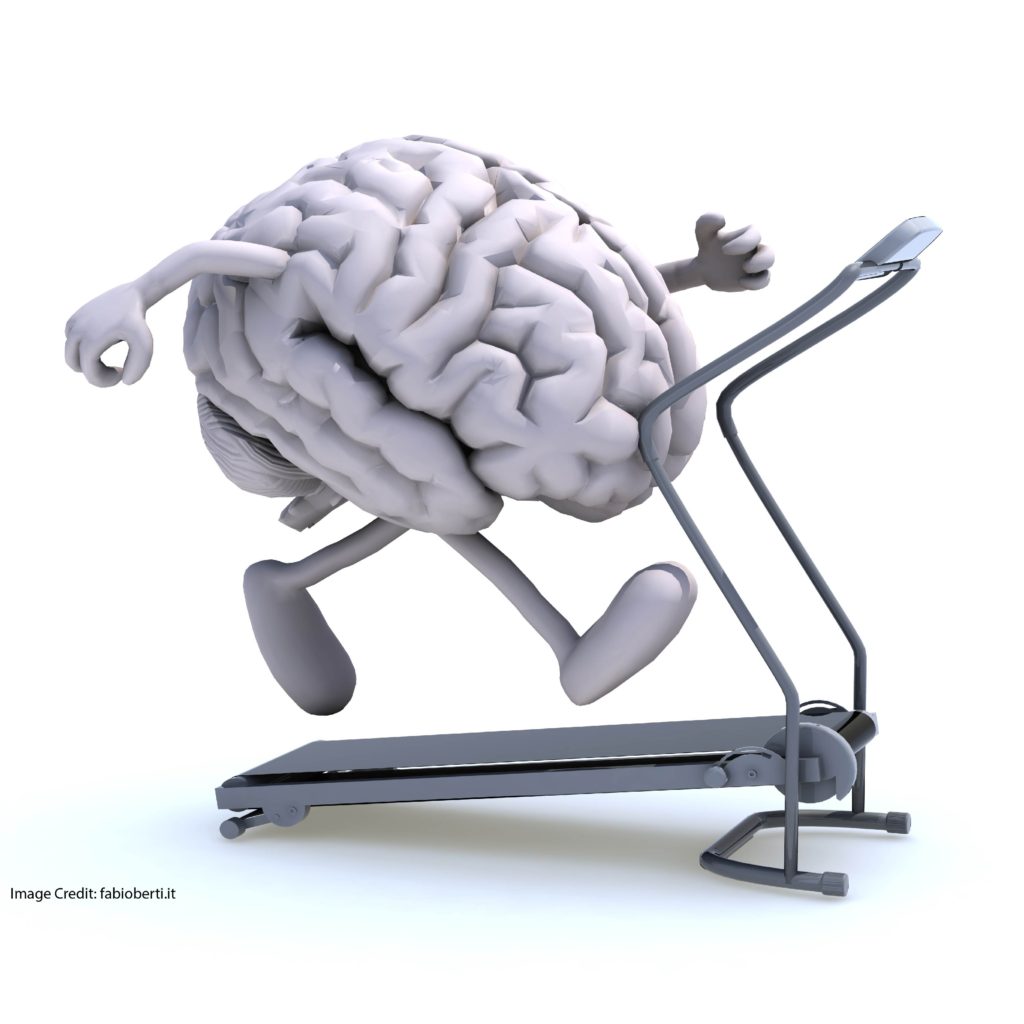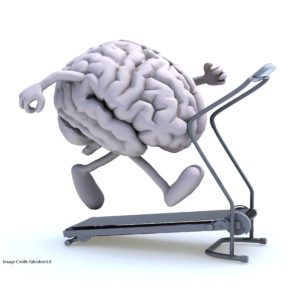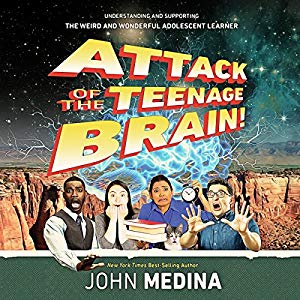When I talk with my English students about The Glass Menagerie, we always identify the protagonist and the antagonist. This discussion helps them understand useful literary terms. It also clarifies their understanding of the play.
Of course, as they consider this question, I want them to recall a similar conversation we had about Macbeth. In that play as well, we can struggle to determine who the antagonist might be.
In psychology terminology, I want my students to “activate prior knowledge.” Their discussion of The Glass Menagerie will improve if they think about their prior knowledge of Macbeth.
Here’s the simplest teaching strategy in the world. If I want them to think about Macbeth‘s protagonist before they discuss TGM, I can start our class discussion with Shakespeare.
Rather than hope my students draw on their prior Macbeth knowledge, I can ensure that they do so.
This remarkably simple strategy has gotten recent research support. In this study, Dutch psychologists simply told students to recall prior learning before they undertook new learning. Those simple instructions boosted students’ scores.
Prior Knowledge: From Lesson Plan to Syllabus
This research advice might seem quite simple — even too simple. At the same time, I think it helps us understand less intuitive teaching advice.
You have probably heard about “the spacing effect.” When students spread practice out over time, they learn more than if they do all their practice at once.
To illustrate this idea, let’s look at a year-long plan in a blog by Mr. Benney:
As you can see, Mr. Benney teaches his first science topic in September. He then includes topic-1 problems in his students’ October homework (“lag homework”). He reintroduces the subject in December. And returns to it one final time in April.
Clearly, he has spaced out his students’ interactions with this topic.
But, notice what happens when he does this with all eight topics:
For many teachers, May looks quite scary indeed. Students are learning topic 8. They’re doing lag homework on topic 7. They’re being reintroduced to topics five and six. And they’re being re-re-introduced to topics 2 and 3.
Six topics all at the same time?
And yet, spacing requires interleaving. If Mr. Benney spreads out topic 1, then it will automatically interleave with the topics he’s teaching in October, December, and April. You can’t do one without the other.
Believe it or not, we have research that “interleaving,” like “spacing,” improves student learning.
Why would this be? After all, May’s syllabus looks really complicated.
Perhaps recent research on “prior knowledge” explains this result. If students are thinking about several topics at the same time, then their prior knowledge from previous months remains active.
Macbeth isn’t something we talked about 3 months ago. We have talked about it several times, including just last week.
Here’s the equation. Spacing automatically leads to interleaving. And, interleaving in turn keeps prior knowledge active. These three teaching strategies combine in multiple ways to help our students learn.












